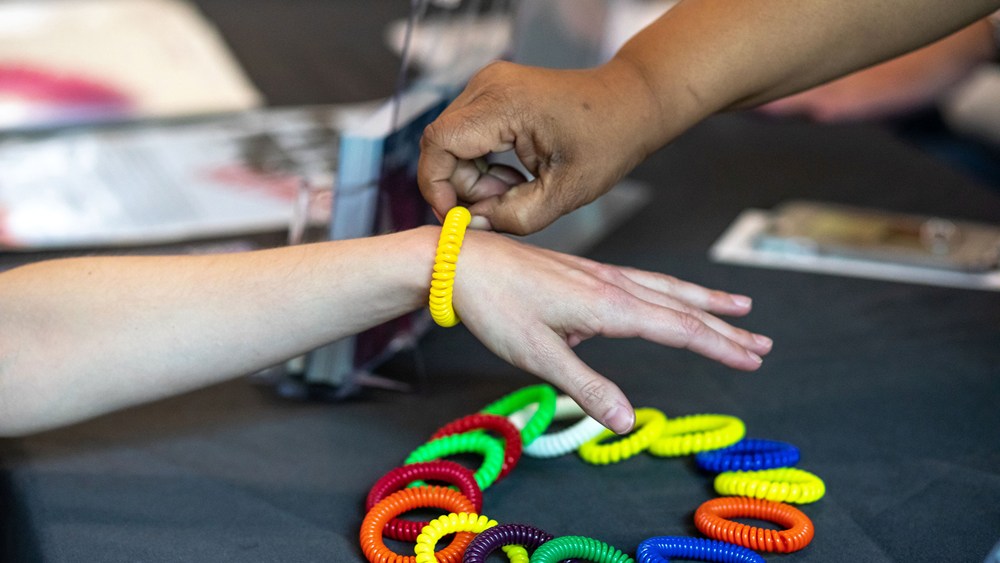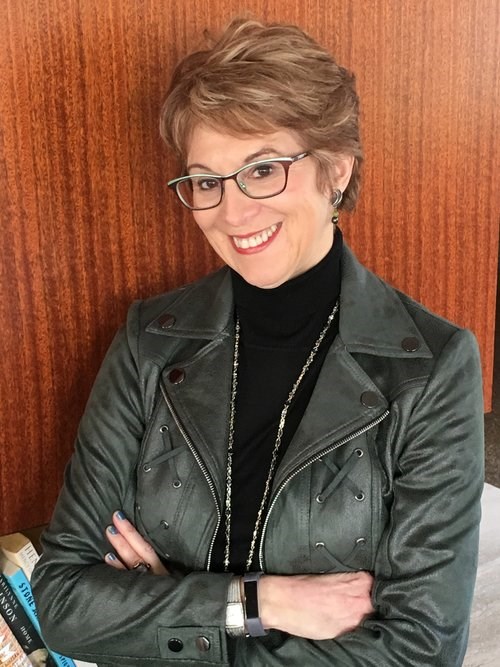Sensory Strategies
Opera for people with Autism Spectrum Disorder
Most of us know that Mozart was a child prodigy with a perfect musical memory. But did you know that loud sounds would make him physically ill? Or that he had repetitive body motions and facial expressions and struggled with impulse control? Today, those would all be recognized as symptoms of autism spectrum disorder (ASD). The term refers to a broad range of conditions characterized by challenges with social skills, speech, nonverbal communication and repetitive behaviors, along with, in some cases, special gifts. According to the advocacy group Autism Speaks, autism affects an estimated 1 in 59 children in the United States today. Over the next decade, an estimated 500,000 teens with ASD will enter adulthood.
As schools and employers work to be more inclusive of people with autism and other sensory disorders, opera companies are following suit. In 2013, team members from Vanderbilt University’s Treatment and Research Institute for Autism Spectrum Disorders (TRIAD), seeking arts partners, approached Nashville Opera, whose education department gives some 65 free performances each year in schools and community centers. The TRIAD team helped the department create a toolkit for teachers that offered preparation and supports to enable the students to have the best possible experience. The kits have since also been used by Arizona Opera, Pensacola Opera and Michigan Opera Theatre.
When Sheran Goodspeed Keyton took over the education and community engagement department at Fort Worth Opera two years ago, she brought her personal experience as the mother and aunt of children with ASD. She knew how families with autistic children worry about taking them into environments where sudden volume and lighting changes can cause distress, or where there is no easy way to take a break if a child needs to calm down. So she partnered with music and occupational therapists to modify the company’s touring production of Three Pigs Remix, a children’s opera by Michael Ching.
The “relaxed performance” version, introduced in September, allows children with ASD to enjoy a show that otherwise might be off-limits. The house lights stay on, exit doors remain open and the singers’ sound levels are kept relatively low. Making noise, eating snacks and moving around are welcome, and children can leave the space to take a break. The performances also offer noise-canceling headphones, coloring pages and a designated quiet area. Keyton even found FDA-approved “sensory chew bracelets” for children who tend to chew to dispel stress. The Fort Worth Opera Studio Artist performers receive training not only to modify their voice levels, but to roll with the punches if children sing along, make involuntary sounds or even jump up on the stage.

Preparing the children and parents is also essential. “You want to preview the experience from the very first thing they will see,” Keyton says. She visits every venue and takes photographs from the edge of the parking lot into the performance space, including costumes and sets. She emails the resulting flipbook, known as a social story, to the parents or organizers.
The field continues to look for ways to address potential audience members with ASD. One of the proposals that emerged last summer from Opera Hack, San Diego Opera’s tech-oriented brainstorming summit, was a sensory accessibility headset: the work of a team headed by Megan Reilly, a theater lighting designer who as an adult received a diagnosis of ASD. “In theater, we are often asked to modify shows to accommodate people with sensory differences,” Riley says. “So I thought it would be great to make people make their own customized modifications.”
The product would use a combination of current lens and headset technology, possibly in combination with augmented reality, to let audience members lower the volume and intensity of sound, dim bright lights or filter out potentially irritating colors, and block out overwhelming projection content. Although the project was not chosen for immediate funding, the designers are hoping to find partners in academia or industry to help them continue research and development. They imagine it could be useful not only for people with ASD and other sensory differences, but also for those with hearing loss. Mozart would have approved.
This article was published in the Spring 2020 issue of Opera America Magazine.

Judith Kurnick
Judith Kurnick is a work/life strategy coach and the former director of communications at Houston Grand Opera.





